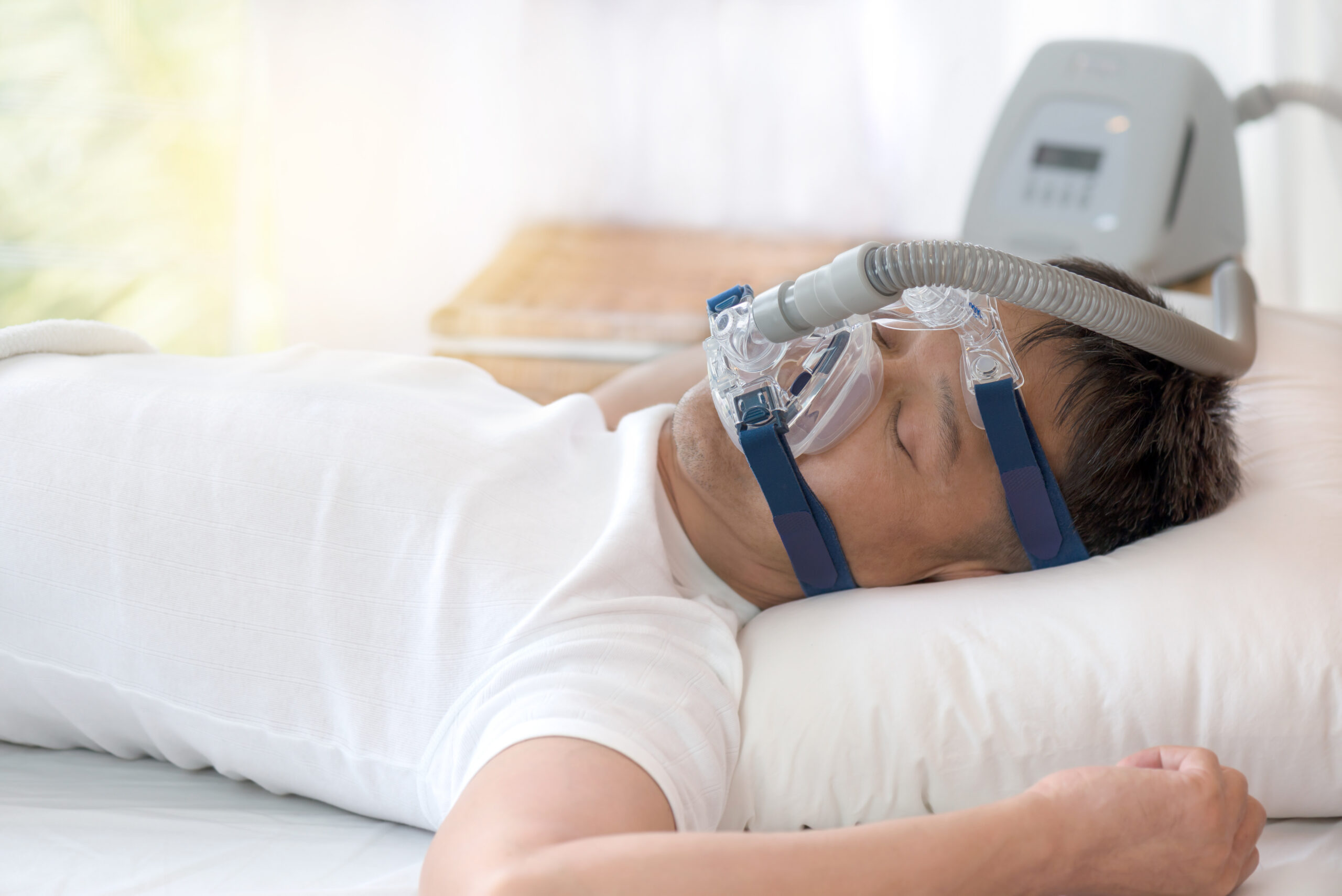
Whether it is safe to sleep with your mouth open or not may be the question you ask yourself when you are new to using a CPAP machine. The answer to this is short: it depends on the kind of mask you wear and the natural breathing. The mouth-openness may actually decrease the effectiveness of your treatment if you wear improper mask — however, there is a way out.
Why Mouth Position Matters:
A CPAP machine is a device that functions by pushing a continuous pressurized air into your airway to hold it open during sleeping. This avoids the interruptions in the breathing that occur during obstructive sleep apnea. To be effective, the pressurized air must not escape through your mouth rather it should remain in your airway.
When you are asleep with your mouth open with the use of a siesta nasal mask or nasal pillow mask, the air may escape. This leads to the reduction of your CPAP pressure which will render the treatment less effective. You may wake up with a dry mouth, you are exhausted or you find that your mask does not seem to be working.
In Case You Breathe Through Your Nose:
But in case you breathe through your nose naturally when you sleep, then you are lucky. It is comfortable to wear a nasal mask or nasal pillow mask, which only fits or covers your nose. These are smaller masks that are less weighty and are likely to be less restricting compared to full face masks.
But, although you may be a nasal breather, occasionally your nose stuffs, or you are allergic, and you will just change to mouth breathing at night. In case that occurs, a chin strap can be used to hold your mouth shut and ensure that you have a good air pressure.
When You Breathe through your Mouth:
A full face mask might be the solution, as long as you tend to breathe through the mouth during sleep — or as long as you are waking up with a dry mouth irrespective of CPAP. This kind of mask also covers your nose and your mouth and thus the air pressure remains the same even when your mouth is open.
Full face mask guarantees that regardless of your breathing style, your therapy will continue to be effective. It comes in particularly handy when a person has nasal congestion or allergy or simply when one cannot comfortably breathe through their nose at night.
You should look for out for some signs that could indicate that you are sleep with mouth-open:
- When you wake up, your mouth is dry.
- Your CPAP information (assuming your machine measures it) indicates that there is poor pressure or high leakage.
- Even when you use your CPAP regularly, you still feel exhausted.
In the event of uncertainty, consult your sleep expert. They will be able to assist you in reviewing your therapy data or recommend to use a different mask type in order to minimize leaks.
Tricks on How to Keep Your Mouth Closed When You Are Sleeping:
In case you are wearing a nasal or nasal pillow mask and do not wish to have the air leak through mouth, follow the next few tips:
- Utilize a chin strap: Use a chin strap as it can help you with keeping your mouth shut or closed.
- Change the humidity: A dry nose may open your mouth. Raising the level of CPAP humidifier could help.
- Practice breathing through your nose: Practice breathing through your nose during the day, in order to teach your body how to do it at night as well.